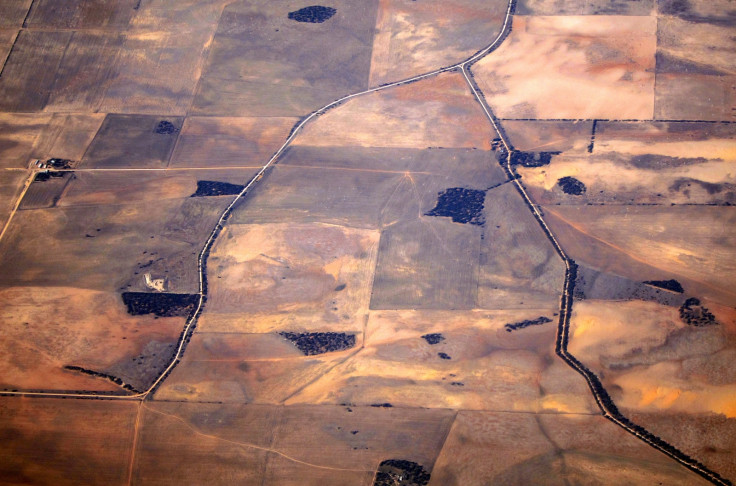Farming practices threatening food security and climate warn researchers

Soil erosion has reached alarming proportions and we are now entering a period where it will no longer be possible to support food supply, says a review paper, calling for ways to capture and recycle the nutrients back into the soil.
The role of soil as a mass reservoir for carbon is also highlighted with the study noting up to 2,300 billion tonnes of carbon is stored in the top three metres of the Earth's soil – more carbon than in all the world's plants and atmosphere combined.
Depletion of the Earth's soil resources at rates faster than the nutrients can be replenished means that soil erosion, combined with the effects of climate change, will pose a huge risk to global food security over the following years.
Farming is cited as a primary game changer of this process.
"Ever since humans developed agriculture, we've been transforming the planet and throwing the soil's nutrient cycle out of balance," said the paper's lead author, Ronald Amundson, a UC Berkeley professor of environmental science, policy and management.
"Because the changes happen slowly, often taking two to three generations to be noticed, people are not cognizant of the geological transformation taking place."
Earlier studies have shown decreasing yields of crops with small increases in temperature.
For better management of the soils the researchers call for a halt to discarding nutrients captured in waste treatment facilities. The phosphorous and potassium should be cycled back into the soil.
Excess nitrogen which is considered a pollutant in agricultural run-off should be captured and recycled back into the soils.
Carbon reservoir
Around 50 to 70 billion tonnes of carbon stored in the soils has been released into the atmosphere throughout human history as a result of farming, according to the paper.
Amundson believes the amount of carbon stored through sequestration would be tiny compared to the potential amount lost through global warming.
Of particular concern is the warming permafrost – the large carbon stores in the soils in the planet's polar regions. Researchers have found that temperatures are increasing at greater rates in the northern latitudes.
"Warming those areas is like filling your freezer with food, then pulling the plug and going on vacation," said Amundson.
"There will be a massive feast of bacteria feeding on the food as the plug gets pulled on the stored carbon in the frozen soil. Microbes are already starting the process of converting the carbon to CO2 and methane."
The paper, published in the journal Science, identifies the supply of fertilizer as one of the key threats to future soil security. Where nitrogen is energy-intensive in its production, potassium and phosphorus which come from rocks and minerals will create political challenges.
Political imbalances
The authors point out that the resources are not equitably distributed throughout the world. The United States has only 1 to 2% of the world's potassium reserves, and its reserves of phosphorous are expected to run out in about three decades.
"Morocco will soon be the largest source of phosphorous in the world, followed by China. These two countries will have a great deal of say in the distribution of those resources. Some people suggest we will see the emergence of a phosphorous cartel," says Amundsen.
© Copyright IBTimes 2025. All rights reserved.





















